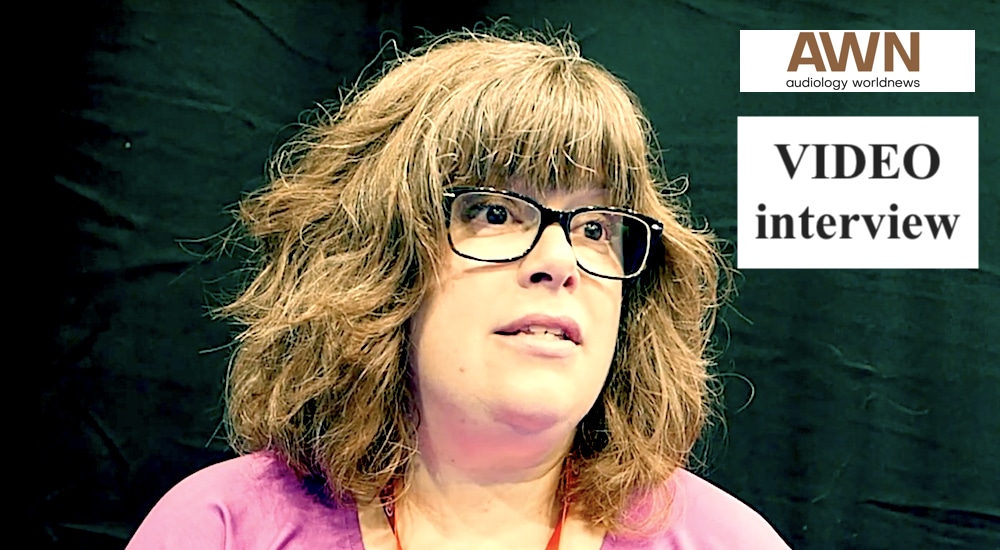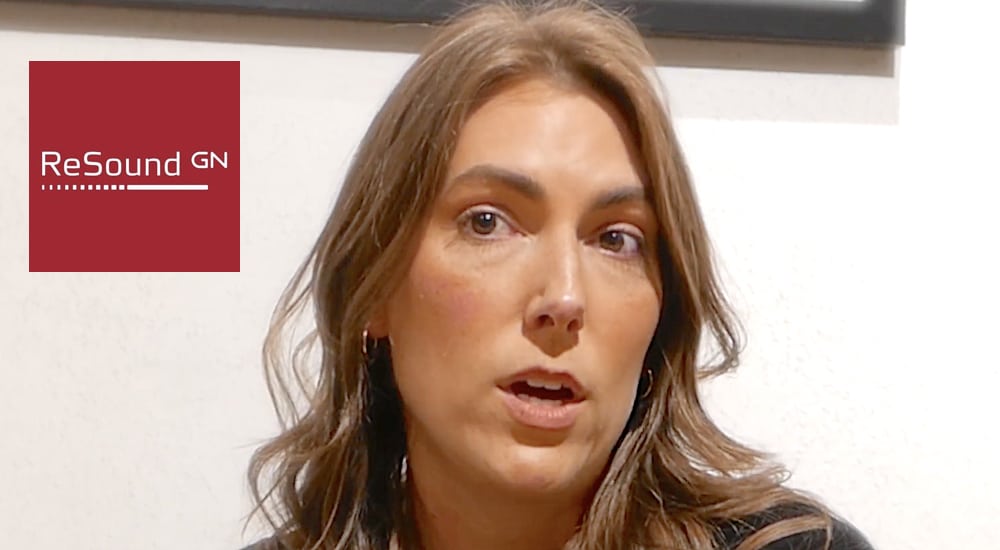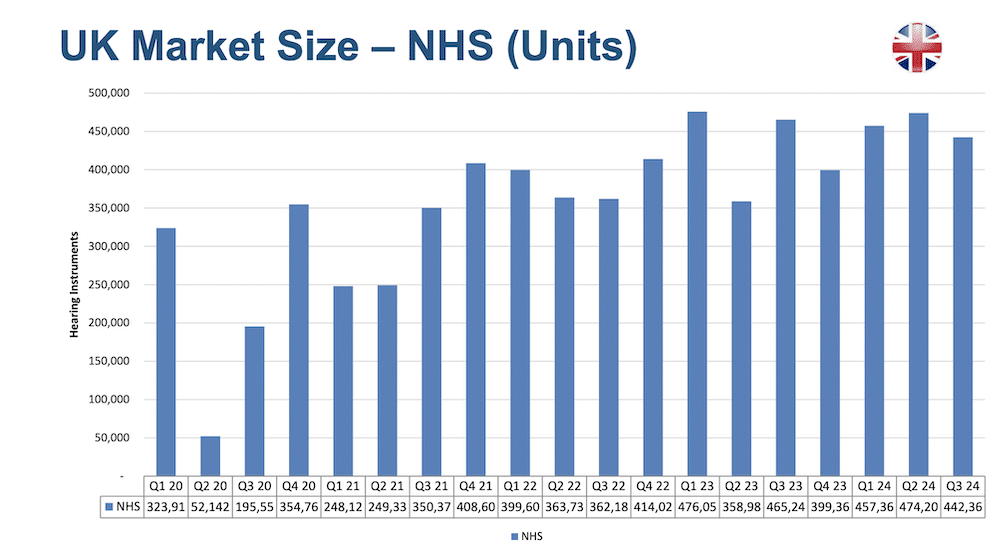UK competition body chops up Oticon-Cochlear merger "to protect patients and the NHS"
The UK's Competition and Markets Authority (CMA) has stood in the way of a full divestment of Demant's Oticon Medical cochlear implant business to the Australia-based firm Cochlear.

In line with the decision, which follows an independent investigation considering evidence that includes concerns raised by clinics and other market participants, Demant has announced an amended transaction with Cochlear that includes only cochlear implant (CI) business. Its bone anchored hearing systems (BAHS) business will remain with Demant for now, pending review of the firm’s strategic options, but the Danish group says its decision to exit the implants business still stands.
The transaction of the CI business is expected to close before the end of 2023, says Demant, though it is still subject to regulatory approvals by the CMA, the Australian Competition and Consumer Commission (ACCC) and the European Commission (EC). This includes oversight of the separation of the CI and BAHS businesses by the CMA.
Primary concern of competition authority – “the well-being of patients”
The deal, first announced in early 2022 by the two big hearing players on the UK and world implants market, immediately appeared on the radar of competition regulators worldwide. In the UK, it was referred for an in-depth Phase 2 investigation, led by an independent inquiry group, in December 2022.
The CMA’s June 2023 final report concluded that “the deal would eliminate a major bone conduction solution (BCS) competitor from the market, leaving the merged businesses holding a market share of more than 90 per cent; that competition from the one remaining BCS competitor and other hearing solutions would not be sufficient to offset the impact of the deal on competition; and that the prospect for market entry from new players or market expansion by smaller competitors is limited, and not sufficient to prevent competition concerns.
“Our primary concern is the well-being of patients. We found that the full merger could reduce innovation and quality and potentially cost the NHS more through higher prices,” said Kip Meek, chair of the independent panel of experts conducting the investigation, adding that the CMA was pleased to find a solution that did not block the entire merger.
Deal amendment costs mean 2023 total Demant profit falls
Demant immediately announced that the amendment to the transaction will result in non-recurring, non-cash costs of DKK 600-800 million (approx. 80.5m euros), so the group expects its total 2023 profict after tax from discontinued operations to be negative by DKK 700-1,000m (previously DKK 100-200 million).
“Following the final report from the UK competition authorities, we have concluded that there is now no viable path to obtain all necessary regulatory approvals for the full divestment of our Hearing Implants business to Cochlear. Consequently, we have agreed on an amended transaction, which only includes the CI business, and we are happy that a global leader in implantable solutions for hearing loss, Cochlear, remains committed to servicing Oticon Medical’s existing cochlear implant patients now and in the future,” said Søren Nielsen, President & CEO of Demant.
“With the BAHS business no longer being part of the transaction with Cochlear, we remain fully committed to operating and further developing this business to continue serving all our BAHS customers and patients. The BAHS business is growing and delivering positive results, making for a solid starting point for a strategic review of future options,” Nielsen added.
Source: GOV.UK/Demant



